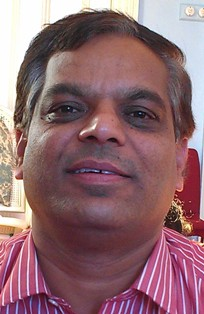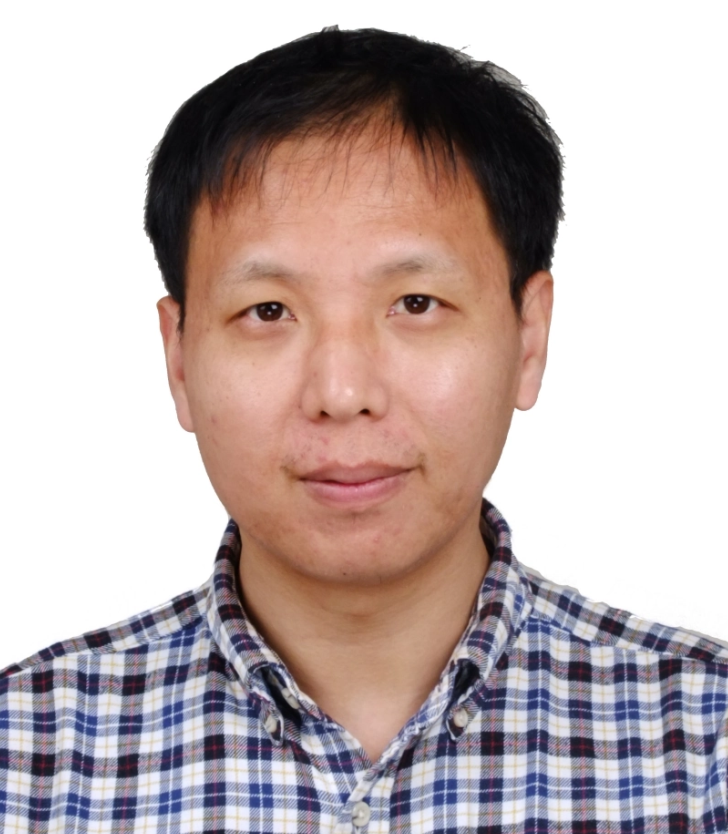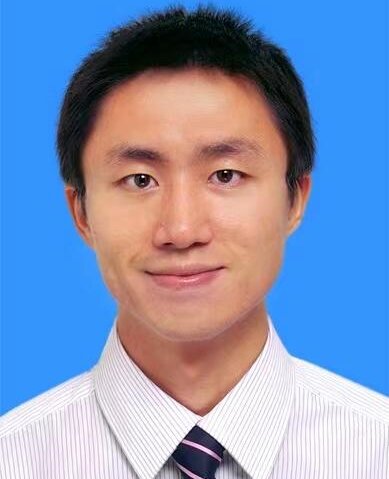Professor MESSAOUD ABBAS received his degree in Systems Engineering in Computer Science from ESI, ex.INI, Algiers, Algeria, in October 1996. At the University of Science and Technology (USTHB) in Algiers, Algeria, he received his Master's degree in Computer Science in July 2007, majoring in programming and systems. In November 2018, he received his PhD in Computer Science, specializing in programming and systems, through a collaboration between USTHB(Technical University of Algiers, Algeria), the National School of Computer Science (ENSIIE) in Paris, France, and the Technical University of Valence (IUT) in France. Throughout his career, he has played a vital role in developing and managing academic computer science programs. In 2009, he headed the Department of Computer Science at the Technical Faculty of El-Oued University and joined the Scientific Committee of the Faculty of Precise Sciences in 2014. Since 2019, he has been active in the doctoral training Committee and doctoral guidance. In June 2022, he became Team Leader of the Artificial Intelligence and Its Applications Laboratory (LIAP). He has published extensively on formal methods in top journals and conferences, and more recently on artificial intelligence.
Title: The Power of Machine Learning/Deep Learning for Early and Precise Diagnosis of Severe Diseases.
Abstract: The advent of Machine Learning (ML) and Deep Learning (DL) technologies has revolutionized the medical field, particularly in diagnosing severe diseases. These advanced analytical tools harness vast datasets to identify patterns and anomalies that might elude human experts, enabling earlier and more accurate detection of conditions. This capability is critical for diseases where early intervention can dramatically alter outcomes. ML and DL applications range from analyzing medical images and audio to predicting disease progression and treatment response, showcasing a promising future where technology empowers healthcare professionals to make more informed decisions, ultimately improving patient care and survival rates.






